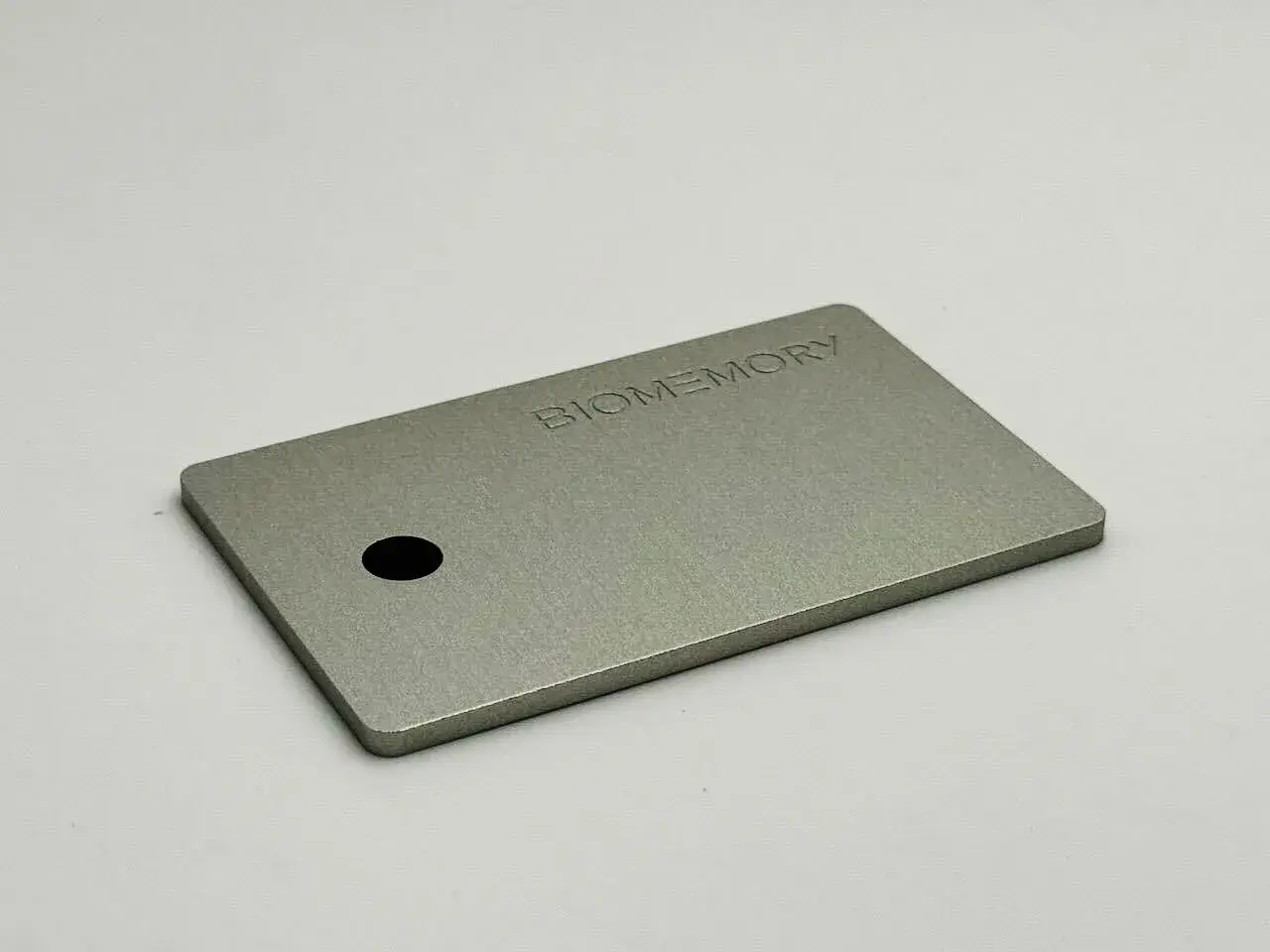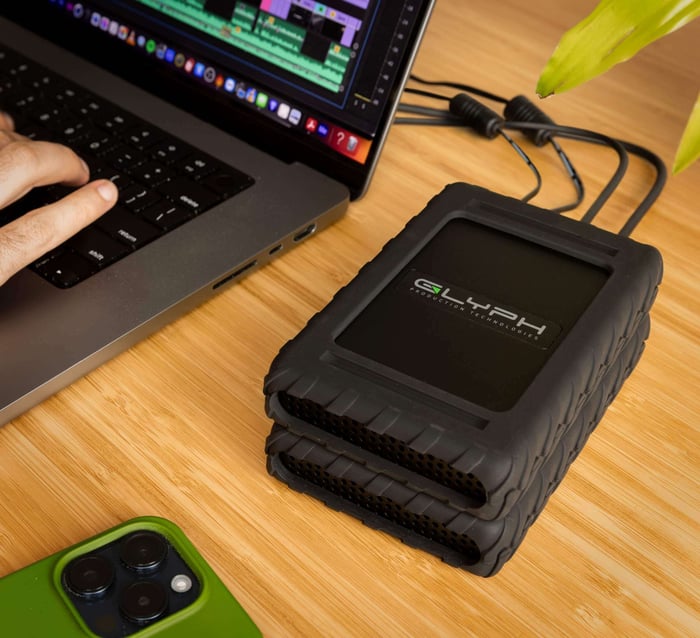As the storage landscape continues to evolve, companies and consumers are constantly looking for the latest and greatest. At Glyph, we always make a habit of staying on the cutting edge of technology with our products - and we've been grateful to see so much of the professional community acknowledge that. The pace at which we are producing digital data is increasing exponentially. Our friends at Micron write, "Five years ago, all the data ever produced by our digital technologies totaled 4.4 zettabytes (ZB). That’s 4.4 sextillion bytes — quite a lot of information. Today, we have eclipsed that number: We now produce about 16ZB every year, and by 2025, that number is expected to increase tenfold." Truly mind-blowing to think about.
How do we continue to keep pace with the constantly growing need for storing digital information? Some innovative companies are working on new approaches modeled after human DNA. Gurtej Sandhu, senior fellow and vice president at Micron Technology, is one of the brilliant innovators at the forefront of storage technology. He holds over 1,300 patents in a wide range of technical areas, and one of his favorite areas of research has been the use of DNA for data storage. He says, “The human body is the most sophisticated storer of information. Nature does data compression on a scale that is pretty amazing and in ways that are still not completely understood, so I thought, ‘Why can’t we use DNA as a medium to store information?’”.
Another company which is investing heavily in bringing DNA technology to fruition is Twist Bioscience. Their CEO, Emily Leproust, says, “DNA holds the promise of offering the magic three in storage: ultra-high density, reasonable cost, and sustainability.” (via TechRadar)

(Image via Biomemory)
It's nice to see these companies looking forward and building technology that will address future needs, but you may be asking, "Is anyone doing it now?!" Seems so! WIRED just reported on a French startup called Biomemory. They've just announced their debut offering: two wallet-sized cards that store one kilobyte of text data each - and will cost $1,000. For reference, 1KB is the equivalent of a short email - so while this is REALLY COOL, you might want to stick to Glyph drives for the foreseeable future!





